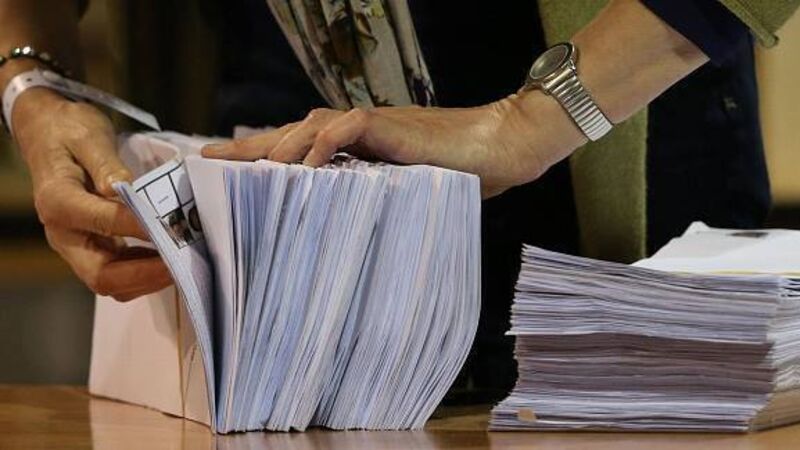It’s time to get real about wealth and taxes

I spoke to a well-paid professional during the week who was proud of how he voted. He doesn’t seem to get it that his candidate pretty much despises and resents everything that he stands for. People do not always act in their own self-interest, but it will be interesting to observe over time if he comes to regret his decision, particularly if this week’s results are replicated in a general election.
I canvassed for a friend who ran successfully as an Independent in Dublin over the past three months, and the views I heard on the doorstep were sufficient to convince me that this would be no ordinary election, and so it has turned out.











